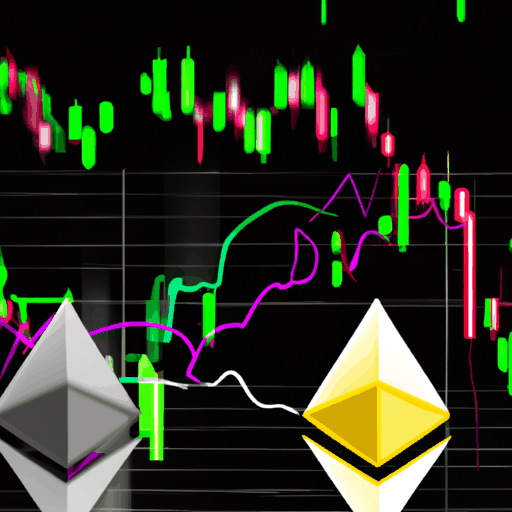
Bitcoin ETFs Recover with Significant Inflows After Major Outflows
By: Isha Das
In a rollercoaster week for Bitcoin exchange-traded funds (ETFs), the markets have experienced both substantial inflows and outflows. Recent data indicates that Bitcoin ETF inflows have rebounded, posting $28.7 million in new investments. This positive turn comes after a period marked by a record-breaking losing streak, which saw significant outflows.
On September 11, Bitcoin ETFs encountered notable outflows amounting to a net negative of $43.9 million, largely influenced by a massive $54 million withdrawal from Ark’s ARKB ETF. This hefty outflow was somewhat counterbalanced by Fidelity’s FBTC ETF, which recorded inflows of $12.6 million, and Invesco’s BTCO ETF, adding another $2.6 million. However, Grayscale’s GBTC and BTC funds contributed to the overall outflows with reductions of $4.6 million and $0.5 million, respectively.
Despite these fluctuations, some major Bitcoin ETFs from firms like BlackRock, Bitwise, Franklin, Valkyrie, VanEck, and WisdomTree remained flat, showing neither significant inflows nor outflows. The net inflows experienced later suggest a resilient bounce-back, reflecting investor confidence and interest in the cryptocurrency sector.
Ethereum ETFs also mirrored this trend, although on a smaller scale. The overall market for Ethereum ETFs experienced a net outflow of $0.5 million. Fidelity’s FETH ETF reported a modest inflow of $1.2 million, yet this was counteracted by VanEck’s ETHV ETF outflow of $1.7 million. Ethereum ETFs from other major firms, including BlackRock, Bitwise, 21Shares, Invesco, Franklin, and Grayscale, showed no activity during this period.
The fluctuations in Bitcoin and Ethereum ETF flows are indicative of the market's dynamic nature. Experts suggest that despite the apparent instability, such movements are often a sign of healthy market adjustments. They emphasize that while substantial outflows might appear alarming, they are typically part of a larger growth narrative. Investors are adapting their strategies, reflecting the evolving landscape of cryptocurrency investments.



